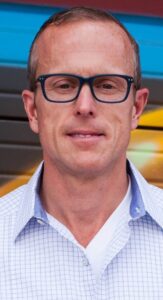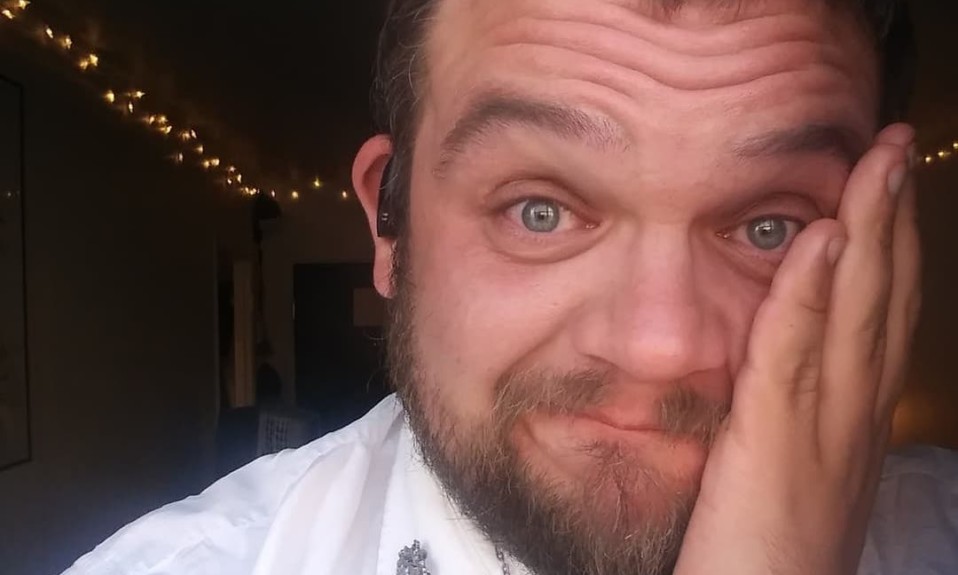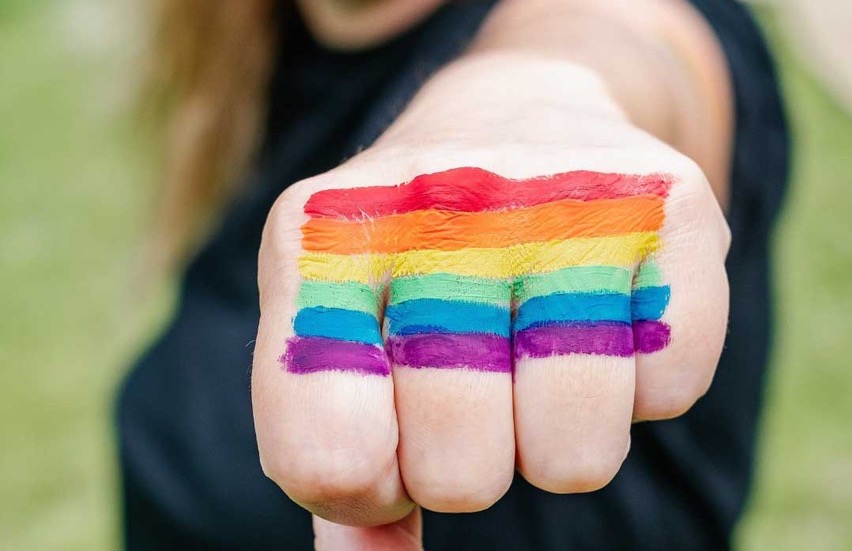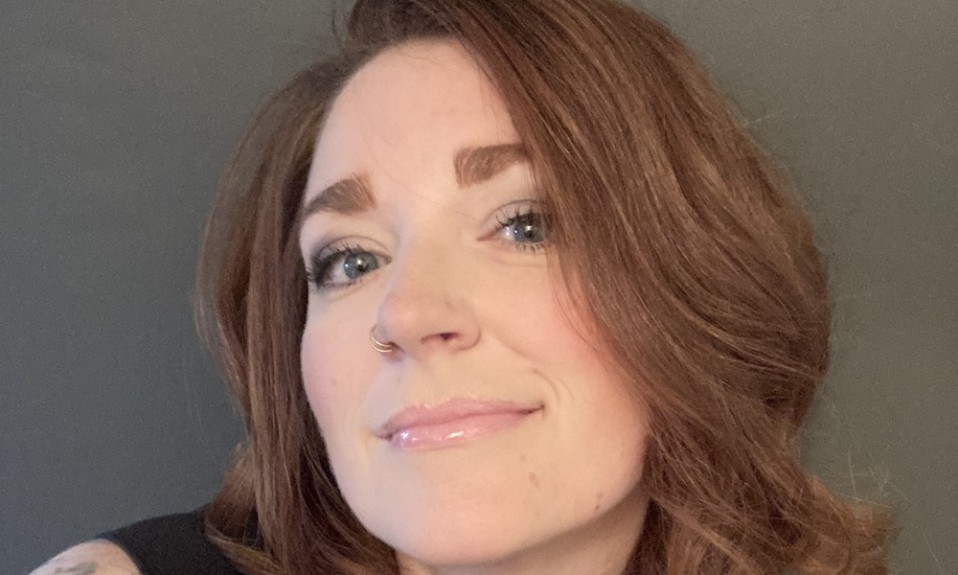The organization Envision:You is committed to creating treatment spaces that better relate to LGBTQ folks and other marginalized populations

By Veronica L. Holyfield
When it comes to coming out, many LGBTQ (lesbian, gay, bisexual, transgender, queer/questioning) folks face shame, homophobia, transphobia, discrimination and even downright hate. Compound that with abnormally high rates of substance abuse disorder and mental health issues—often related to the stigma attached to their sexuality—and the outcomes can be catastrophic.
Envision:You, an LGBTQ mental health and substance use disorder initiative based in Colorado, understands the potentially fatal results of delivering subpar or insufficient treatment support to gender-diverse individuals. Aimed at supporting educating and empowering those who identify as LGBTQ and those who serve that population, Envision:You operates with a sense of urgency.
“It’s not about prescribing solutions—it’s not about telling folks what they should or shouldn’t do. It’s about listening to the community, understanding their needs, creating programs with the community that are going to help address those needs, and then working with the community to roll those programs out,” says Envision:You co-founder Steven Haden.
Haden and Jerry Cunningham started Envision:You in 2018 from a place of commitment to LGBTQ-identified folks and a curiosity for what needed to be improved in order to best serve them. As a mental health clinician, recovering addict, suicide survivor and gay man, Haden knows all too well the struggles that many of his fellow community members face. Cunningham, the former publisher of OUT FRONT Magazine, Colorado’s LGBTQ publication, has been active in the LGBTQ community for more than 30 years. He, too, faces mental health challenges.
When Cunningham and Haden joined forces and decided to create something that would have a lasting, positive impact, they took a year to gather information about the barriers that existed for LGBTQ folks in accessing proper care. They met with more than 300 community members to get a picture of what problems existed and convened with experts and consultants to design appropriate and timely programs.
“We heard time and time again that members of the LGBTQ community struggle with finding providers, substance use and addiction counselors and mental health professionals who truly understand their lived experience and can respect them for who they are,” Haden says. “In the absence of that, those clinical encounters can be incredibly problematic, and in some cases traumatic. So, it’s no surprise people don’t stick with treatment.”
The Staggering Statistics
As of 2021, 5.6% of the population self-identify as LGBTQ, according to a Gallup poll. Among that community, the rate of substance abuse is estimated at 20% to 30%, more than twice that of the population as a whole. Additionally, the National Alliance on Mental Illness (NAMI) reports that LGB adults are twice as likely as heterosexual adults to experience a mental health condition, while transgender individuals are nearly four times as likely as those who are cisgender to suffer from one.
The disproportionate impact mental illness and substance use disorders have on the LGBTQ+ community demands an increase in provider competency in addition to enhancing and expanding available services statewide.”—Jerry Cunningham, cofounder of Envision:You
In a 2020 survey by The Trevor Project, the leading national organization providing crisis intervention and suicide prevention services to LGBTQ youth, 68% of LGBTQ youth reported symptoms of generalized anxiety in the previous two weeks. Worse, 40% said they had seriously considered attempting suicide in the previous 12 months.
“The disproportionate impact mental illness and substance use disorders have on the LGBTQ+ community demands an increase in provider competency in addition to enhancing and expanding available services statewide,” Cunningham says. “I believe it is imperative to further educate our community about these issues, connect individuals to helpful services and increase the resources available to tackle this enormous problem.”
For many LGBTQ folks with mental health issues and substance use disorder, accessing informed and affirming care is, at best, tricky. At worst, it’s deeply harmful and even traumatizing. Many avoid getting the basic healthcare they need due to demoralizing experiences around needing to educate their own providers about their unique needs, or because they’ve experienced downright discrimination.
It wasn’t until this year that the American Psychological Association (APA) adopted a resolution deeming it inappropriate for the fields of psychiatry and psychology to engage in gender identity change efforts, such as “conversion therapy” and “corrective” treatments. Additionally, the council accepted new guidelines for incorporating intersectionality awareness and how a person’s intersecting identities, such as being Black and gay or elderly and bisexual, contribute to different levels of discrimination.
“When you have multiple identities that are marginalized, it just creates additional stresses on your life, so you’re further disconnected from those systems that so often prioritize white, affluent, cisgender, straight people,” Haden says. “So, if you’re a Black, trans woman who’s just struggling to get basic healthcare and other needs met, because finding employment is difficult, you’re underinsured or uninsured and you’re disconnected from a lot of those support systems that exist for people of privilege, just imagine all of that compounding with a mental health concern or a substance use disorder. It places people at a very high risk of suicide.”
The Mission of Envision:You

While a large number of providers receive training in LGBTQ issues, it’s typically surface-level and simplistic. Envision:You’s mission is to create clinician training programs to educate professionals on how they can better serve the queer population.
“We know that many clinicians, without a doubt, intend to do well. The ethical requirements are to do no harm, but if you don’t understand what that harm looks like, how do you navigate that with a client? So we hope our training does that,” Haden says.
It’s not enough for a service provider simply to be an ally, according to Haden. Even providers who identify as LGBTQ can have their blind spots in serving other populations
“Sadly, many queer-run organizations who are committed to serving the community have frankly just not done a good job with Black, indigenous, other people of color [BIPOC],” Haden says. “We know the trans community in particular was intentionally left out of large organizations who said they were advocating for the community. So for us, if we are going to do really meaningful work, we’ve got to be engaged with those communities and working with those communities to help devise solutions.”
Creating a Community of Abundance
There’s a general consensus within the treatment community that more needs to be done. While there are numerous research articles, academic studies, psychology reports and student resources available online, no one else is quite doing what Envision:You is on the legislative and implementation levels.
“We’re working with organizations now on how we can deploy our programming nationally. We’re currently training providers in seven states in the United States, and expect to do up to 30 by the end of the year,” Haden says. “Sadly, there aren’t a lot of organizations doing the kind of work that we’re doing, and that’s not to say there aren’t amazing people committed to improving the behavioral health of queer folks, but I keep coming back to what really makes us unique: We’re listening to the community, co-creating solutions for the community, and then working with the community to roll those programs out. I think that’s why we’re being recognized nationally for our work, because it is a different approach.”
If we can convince one person today to wake up the next day and think about opportunities and possibilities, I feel so proud of our team at Envision:You.”—Steven Haden, cofounder of Envision:You
Although we are in an era of rapid advancement of LGBTQ rights, clinical spaces don’t yet feel safe and affirming for the queer community. Remedying this will include diverse hiring practices, implementing inclusive language on intake forms and during client sessions, committing to bringing LGBTQ-specific resources and programs to existing practices, and being open to referring patients to more qualified LGBTQ resources.
“Really, at the end of the day, it’s about instilling hope,” Haden says. “If we can convince one person today to wake up the next day and think about opportunities and possibilities, I feel so proud of our team at Envision:You.”
Top photo: Kristopher Roller














